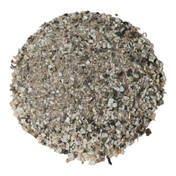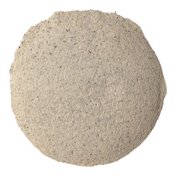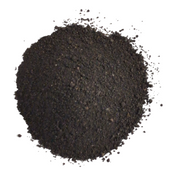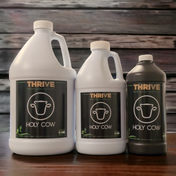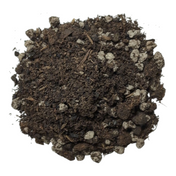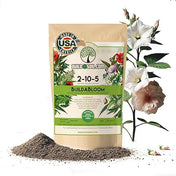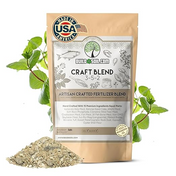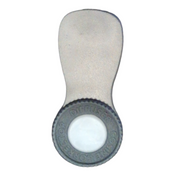BuildASoil Policy Regarding Heavy Metals:
1. We will not carry products that test higher than 50% of the maximum allowable heavy metals according to the Oregon Department of Agriculture.
Here is the link to the rules: OREGON HEAVY METAL RULES
In Short:
(a) When the product has a guaranteed analysis of available phosphate (P2O5), for each percent of P2O5 guaranteed, the maximum allowed level of a metal, expressed in parts per million (ppm), must not exceed: 9 ppm arsenic, 7.5 ppm cadmium, 43 ppm lead, 0.7 ppm mercury, 175 ppm nickel.
BuildASoil Maximum Per Percentage of P:
4.5 ppm Arsenic
3.75 ppm Cadmium
21.5 ppm Lead
.35 ppm Mercury
87.5 ppm Nickel
So Fish Bone Meal = 20% P so you would multiply the above numbers x 20 to get the maximum acceptable limits in a manner that is allowing for half of what Oregon would allow. Our products are usually less than 5% of maximum allowable because all organic material will have some metals it's important to note the maximum allowable. No organic material will be 100% free of metals and that is not the goal.
(A) To determine the maximum allowed concentration of each metal in a product, multiply the percent guaranteed P2O5 for the product by the maximum allowed level of the metal.
(B) For the purpose of calculating the maximum allowed concentration of a metal in a product with a guaranteed analysis of less than six percent P2O5, the minimum percent of P2O5 utilized as a multiplier shall be 6.0.
An article from BuildASoil Blog regarding Heavy Metals:
Some general info from OSU:
What do we know about cadmium and arsenic in soils?
- Cadmium and arsenic are naturally occurring elements widely distributed in the earth's crust.
- Exposure to cadmium can come through foods, cigarette smoke, water or air.
- All foods contain a low level of cadmium.
- Leafy vegetables, grains, legumes and kidney meat have the highest levels.
- You can reduce your risk by eating a balanced diet.
- For adults, most exposure to arsenic occurs through the diet and inhalation.
- For young children, hand-to-mouth activity is an important exposure route.
- Most arsenic consumed in foods is excreted unchanged in the urine.

